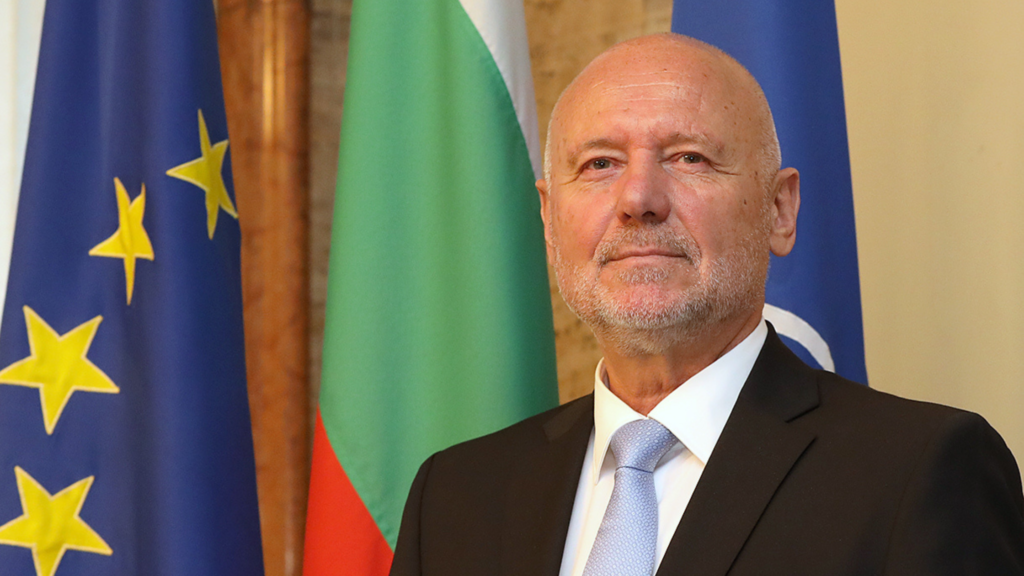Sofia, Bulgaria — Local taxes increased across much of Bulgaria for 2025, with coastal Tsarevo topping a new index of municipal tax burdens, even as the national government said it would not raise headline national taxes next year. International institutions again urged Bulgaria to modernize real-estate taxation by aligning valuations with market prices to bolster municipal finances.
In a 27 August report, Standart summarized new findings from the Institute for Market Economics (IME): property tax rates rose in nearly one third of municipalities; motor-vehicle taxes were increased in dozens of localities; and Tsarevo emerged as the municipality with the highest combined local tax burden in 2025. IME’s composite “local tax burden” measure climbed by 2.5 points year-on-year, a record single-year rise over the past decade, according to Standart. StandartNews.com
On 02 September, Prime Minister Rosen Zhelyazkov rejected calls to raise national levies such as value-added tax (VAT), personal income tax or corporate income tax in 2025, following public remarks by the chair of the Fiscal Council — former finance minister Simeon Dyankov — who argued the budget’s condition might require lifting VAT from 20% to 22%.
“The government has no intention of increasing the tax and social security burden,” Zhelyazkov told reporters in Burgas, adding that the cabinet would not raise taxes but would pursue fiscal discipline, also in response to criticism from economists and from within his own governement.
A 28 August, analysis in Sega revisited long-standing recommendations from the World Bank and others to reform Bulgaria’s real-estate taxation. The piece relayed evidence that municipal property valuations used for tax purposes badly lag market values (by 3.5–4.5 times on average in Sofia, and by up to 5–6 times in the most sought-after neighborhoods), constraining local revenues. The World Bank’s proposals include updating the base per-square-meter values, redrawing urban zoning maps, introducing annual indexation, and narrowing the across-the-board 50% discount for primary residences so relief is targeted only to low-income households. The European Commission has also encouraged more frequent updates to property valuations and better-targeted reliefs.
Local taxes: where the pain is felt
IME’s findings, as reported by Standart, show the biggest wave of property-tax changes in years. For 2025, local councils lifted the real-estate tax in “almost a third of all municipalities,” while motor-vehicle levies went up in 45 municipalities and down in 10. The patent tax — applied to small retail units up to 100 sq meters — also rose in dozens of municipalities, a notable break with prior years when such changes were rarer. Standart further highlights a geographic pattern: the heaviest combined local tax burdens in 2025 cluster along the South Black Sea coast and in certain mountain and regional centers.
Tsarevo, a seaside town on the southern coast, leads the national ranking for local tax pressure in 2025, displacing long-time leader Sozopol. IME’s local burden index—scaled from 0 to 100—captures four pillars that supply the bulk of municipal own-source revenues: the corporate property tax base, motor-vehicle taxation (with eco-components), the tax on the sale/purchase of property, and the patent tax. While the exact index values are IME’s, Standart’s summary points to an unmistakable shift: more councils in both small and mid-sized municipalities have chosen to raise rates this year, not only the big urban centers that typically set the tone. The reported nationwide jump of 2.5 points in the IME index underscores that trend.
The center holds the line (for now)
Against this local backdrop, the prime minister’s message on 02 September was unambiguous: the government would not raise national taxes in 2025. Zhelyazkov’s remarks came after the Fiscal Council chair publicly floated a VAT increase to 22% to address budget pressures. Speaking in Burgas, the prime minister said any change of such magnitude would be clearly communicated via cabinet acts and a draft budget; none is planned. He emphasized instead “fiscal discipline” and a more balanced budget, and dismissed claims linking euro adoption to price spikes as “absolutely fake news.”
The timing matters. One day earlier, on 01 September, Sega reported the central-government deficit had widened to 4.2 billion lev (1.96% of GDP) by end of July, with the finance ministry stressing that second and third Recovery Plan tranches, totaling 4.5 billion lev, would be decisive for achieving the 3%-of-GDP deficit target. That fiscal arithmetic helps explain why speculation about VAT resurfaced, and why the cabinet moved quickly to rule it out.
In political terms, the refusal to lift VAT, personal income tax or corporate income tax aligns with a long Bulgarian tradition of protecting the “flat-tax” architecture and avoiding headline rate hikes. It also reflects the government’s near-term priorities around euro-area readiness, which require disciplining deficits and debt without triggering a political backlash. The prime minister’s put-down of the Fiscal Council chair—“look who says it and judge if it isn’t a fantasy”—signaled that monetary credibility (euro adoption) will be pursued with spending control and administrative measures, not with across-the-board tax increases.
The near-term fiscal landscape is tight. The deficit reported at end-July (4.2 billion lev) highlights both the cyclical pressures on revenue and the weight of prior commitments on the spending side. The finance ministry has repeatedly signaled that EU Recovery Plan inflows (if secured) and administrative measures to improve compliance are central to keeping the 2025 deficit near
What to watch
- Autumn legislative agenda: Whether lawmakers advance technical changes to the Local Taxes and Fees Act to modernize property valuations and institute automatic indexation. The World Bank’s blueprint suggests reform can be completed in roughly 12–18 months if prioritized. Новини СЕГА
- Budget trajectory: Updated fiscal data (August–September) and the government’s deficit path toward the 3% target; any slippage may reignite debate on headline taxes despite the prime minister’s assurances. Новини СЕГА
- Municipal budgets: Implementation of 2025 local-tax decisions and their impact on service delivery; watch coastal and regional centers where burdens are highest, including Tsarevo. StandartNews.com
Source/s:
Standart: “Безпрецедентен скок на местните данъци у нас, но…,” 27 August 2025. StandartNews.com
Sega : “Търси се ‘аржентинска резачка’ за българския бюджет,” 28 August 2025. Новини СЕГА
Sega: “Премиерът скастри шефа на Фискалния съвет заради ДДС,” 02 September 2025. Новини СЕГА
Sega: “Дупката в хазната се увеличи до 4.2 млрд. лв.,” 01 September 2025. Новини СЕГА
Image Source/s:



